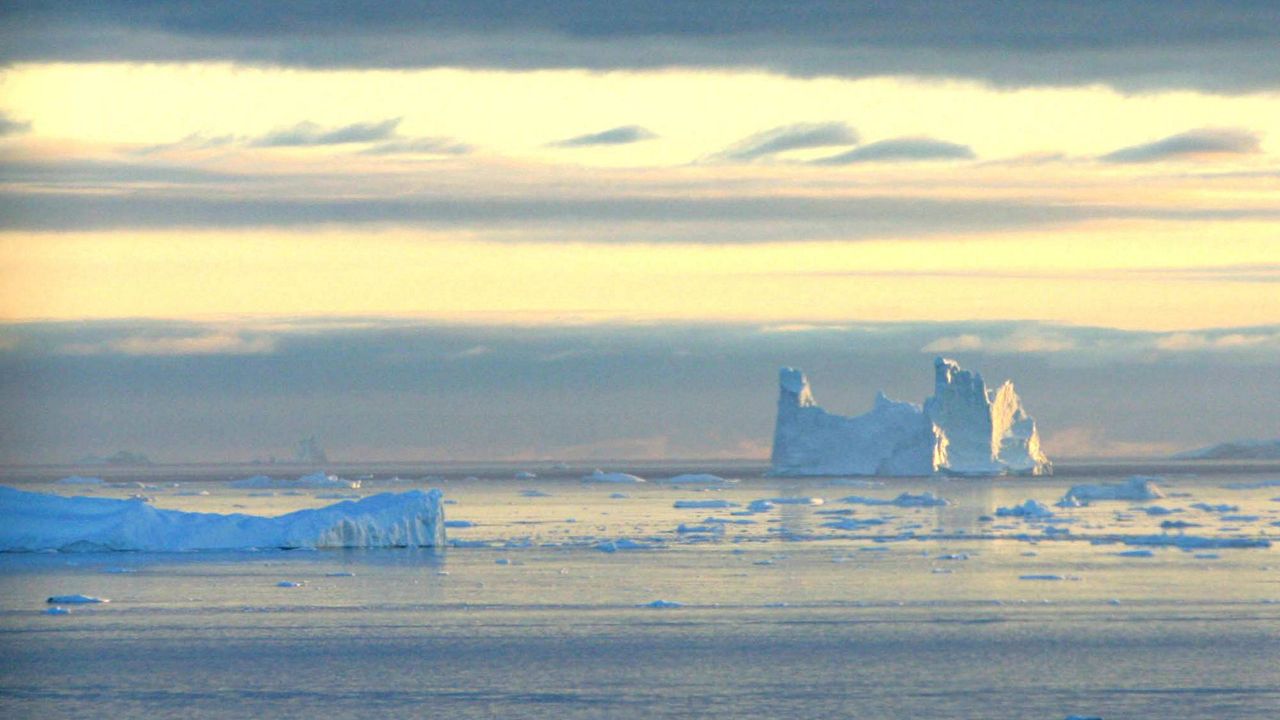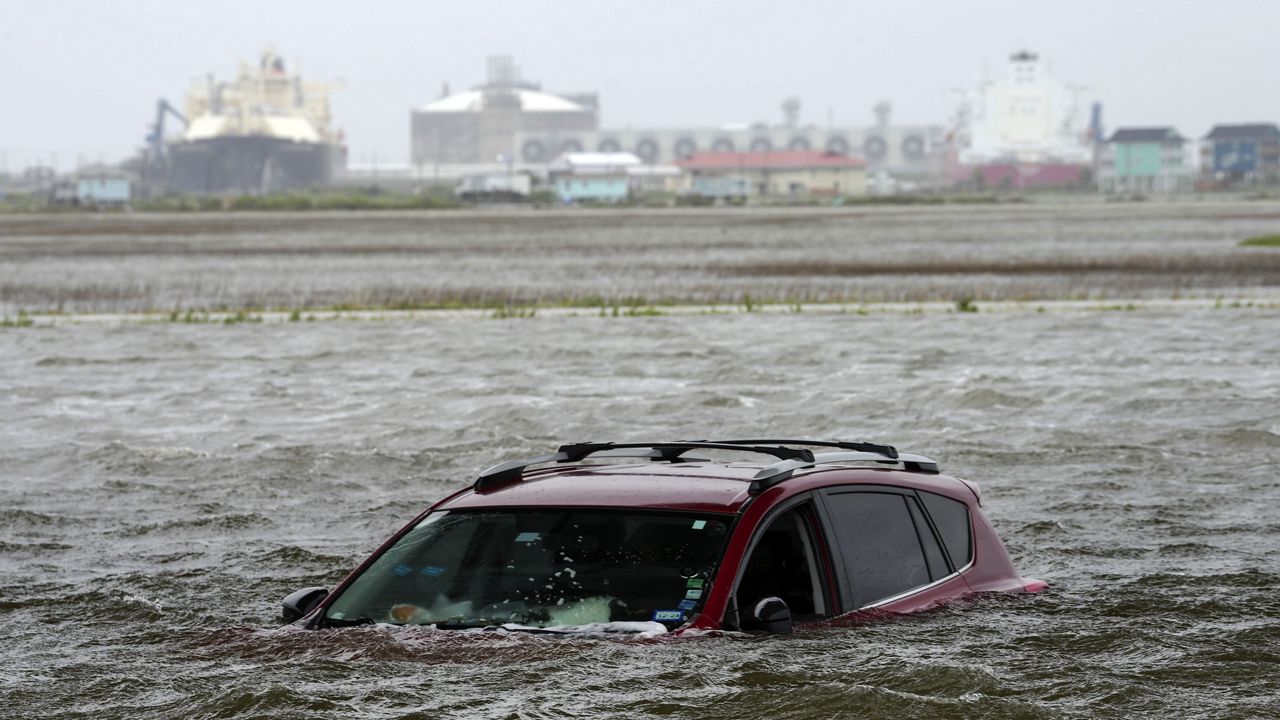A major Atlantic Ocean current, which includes the Gulf Stream, is weakening, which could have severe consequences for the earth, according to a new study published Thursday.
What You Need To Know
- A major Atlantic Ocean current, which includes the Gulf Stream, is weakening, which could have severe consequences for the earth, according to a new study published Thursday
- The study by Niklas Boers with the Potsdam Institute of Climate Impact Research in Germany found that man-made climate change is destabilizing the Atlantic Meridional Overturning Circulation, or the AMOC
- The AMOC sends warm water from the tropics northward at the ocean’s surface and cold water southward at the ocean’s bottom, contributing to Europe’s relatively mild temperatures and influences weather patterns worldwide
- Boers said the loss of the AMOC’s stability has approached a critical, irreversible point that could bring extreme cold, raise sea levels along the U.S. East Coast and disrupt seasonal monsoons that provide water to much of the world
The study by Niklas Boers with the Potsdam Institute of Climate Impact Research in Germany found that man-made climate change is destabilizing the Atlantic Meridional Overturning Circulation, or the AMOC.
The AMOC sends warm water from the tropics northward at the ocean’s surface and cold water southward at the ocean’s bottom. It contributes to Europe’s relatively mild temperatures and influences weather patterns worldwide.
“The Atlantic Meridional Overturning really is one of our planet’s key circulation systems,” said Boers, whose peer-reviewed study was published Thursday in the journal Nature Climate Change.
Boers said the loss of the AMOC’s stability has approached a critical, irreversible point that, according to The Washington Post, could bring extreme cold to Europe and parts of North America, raise sea levels along the U.S. East Coast and disrupt seasonal monsoons that provide water to much of the world.
If the study’s findings like something out of a science fiction movie, they are, to a degree: In the 2004 film “The Day After Tomorrow” starring Dennis Quaid, the Atlantic Meridional Overturning Circulation stops, causing an almost overnight ice age in Europe and North America. (The effects of the phenomenon in the movie were exaggerated compared to real-life forecasts.)
There has been debate among researchers for years about whether the AMOC has two different modes of stable operation — a strong one and a weak one. Previous studies have shown that the current is at its weakest level in more than 1,000 years, but it had been unclear whether that was associated with a fluctuation, a response to rising temperatures or an actual loss in the AMOC’s stability.
Boers, however, analyzed more than 100 years’ worth of data from eight independent indices from the current and concluded “that the AMOC weakening during the last century is indeed likely to be associated with a loss of stability,” he said. The data included sea-surface temperature and salinity patterns.
Freshwater inflow from Greenland’s melting ice sheet, other melting sea ice, increasing precipitation and river run-off are likely some of the factors behind the weakening of the current, Boers said. Freshwater is lighter than saltwater and does not sink from the surface to greater depths as easily, which is key to maintaining the current’s strong circulation.
Boers’ study does not weigh in on when exactly the AMOC might reach its critical, irreversible threshold. Other climate models have predicted that a collapse before 2100 is unlikely, according to Reuters.
“I wouldn’t have expected that the excessive amounts of freshwater added in the course of the last century would already produce such a response in the overturning circulation,” Boers said. “We urgently need to reconcile our models with the presented observational evidence to assess how far from or how close to its critical threshold the AMOC really is.”
"While the respective relevance of the different factors has to be further investigated, they’re all linked to human-caused climate change.”
Ryan Chatelain - Digital Media Producer
Ryan Chatelain is a national news digital content producer for Spectrum News and is based in New York City. He has previously covered both news and sports for WFAN Sports Radio, CBS New York, Newsday, amNewYork and The Courier in his home state of Louisiana.








